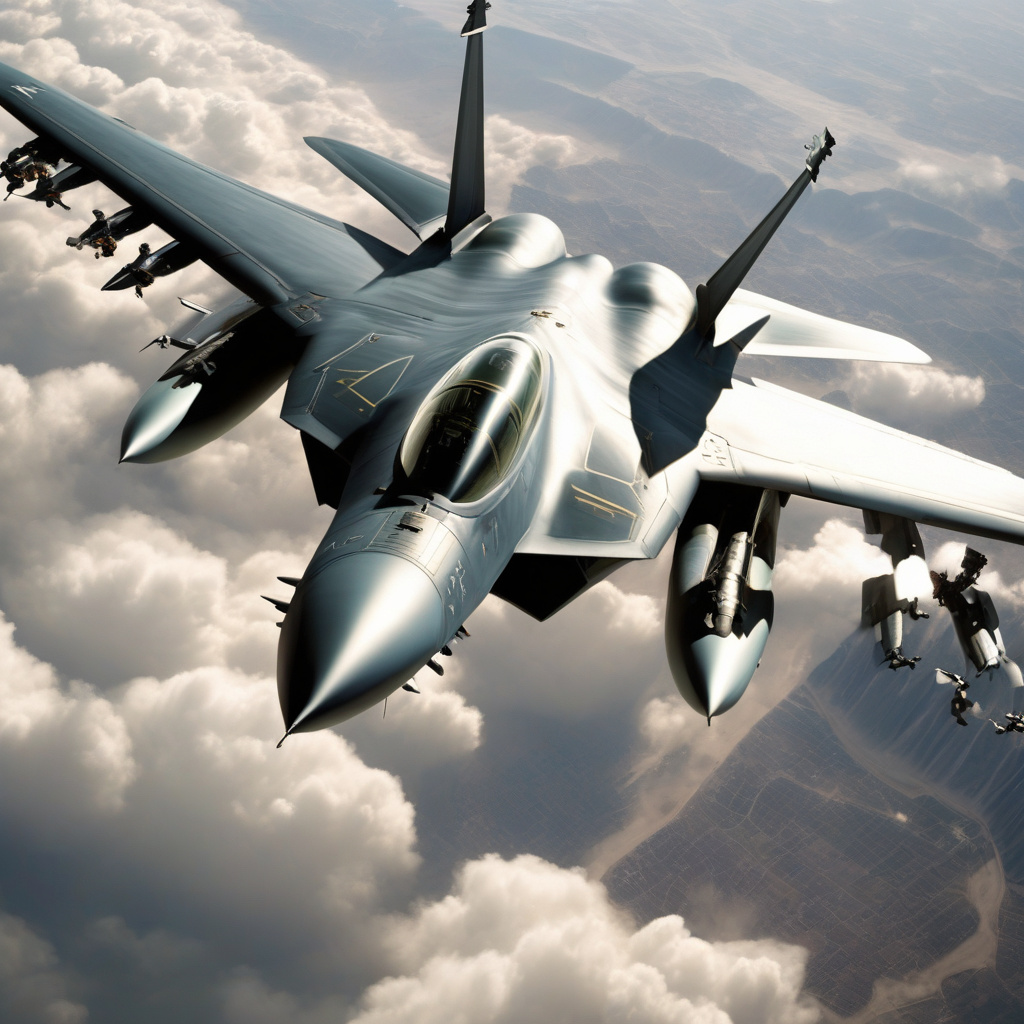US Strikes on Iran Come at Fragile Moment for the Global Economy
The recent US strikes on Iran have not only escalated tensions in the Middle East but have also sent shockwaves through the global economy. With the outlook now hanging in the balance, the world is bracing itself for the potential repercussions of this military action. The fragility of the situation is underscored by the fact that any further escalation could lead to trade disruptions that would act as yet another brake on the already delicate state of the world economy.
The repercussions of the US strikes on Iran are far-reaching and have the potential to disrupt the global supply chain. Iran sits astride the Strait of Hormuz, a crucial chokepoint through which a significant portion of the world’s oil supply passes. Any disruption in this region could lead to a spike in oil prices, which would not only impact the cost of energy worldwide but also have broader implications for industries that rely on oil as a key input.
Furthermore, the uncertainty caused by the escalation of tensions between the US and Iran is likely to dampen investor confidence and lead to increased market volatility. Investors are already on edge due to the ongoing US-China trade war and other geopolitical uncertainties. The addition of military conflict in the Middle East only serves to compound these concerns and could potentially lead to a flight to safety, with investors seeking refuge in traditionally more stable assets such as gold and government bonds.
The impact of the US strikes on Iran is not limited to the economic realm but also has significant political implications. The Middle East is already a region fraught with instability, and the latest escalation only serves to further destabilize the area. The potential for a wider conflict involving other regional players cannot be ruled out, and the geopolitical ramifications of such a scenario would be immense.
In response to the US strikes, the Islamic Republic has vowed retaliation, raising fears of a tit-for-tat escalation that could further roil the global economy. The key question now is how forcefully Iran will retaliate and what form this retaliation will take. Any disruption to trade routes, particularly in the Strait of Hormuz, would have immediate consequences for the global economy and could push the world to the brink of recession.
As the situation continues to unfold, policymakers and market participants around the world are closely monitoring developments in the Middle East. The fragile state of the global economy means that any misstep or miscalculation could have severe repercussions. It is imperative that all parties involved exercise restraint and work towards de-escalating tensions to avoid a further deterioration of the economic and political landscape.
In conclusion, the US strikes on Iran come at a precarious moment for the global economy. The potential for trade disruptions and market volatility looms large, and the specter of wider geopolitical conflict casts a shadow over the world. As the situation continues to evolve, all eyes are on the Middle East, with the hope that cooler heads will prevail and avert a full-blown crisis with lasting consequences for the global economy.
US Strikes, Iran, Global Economy, Trade Disruptions, Middle East








